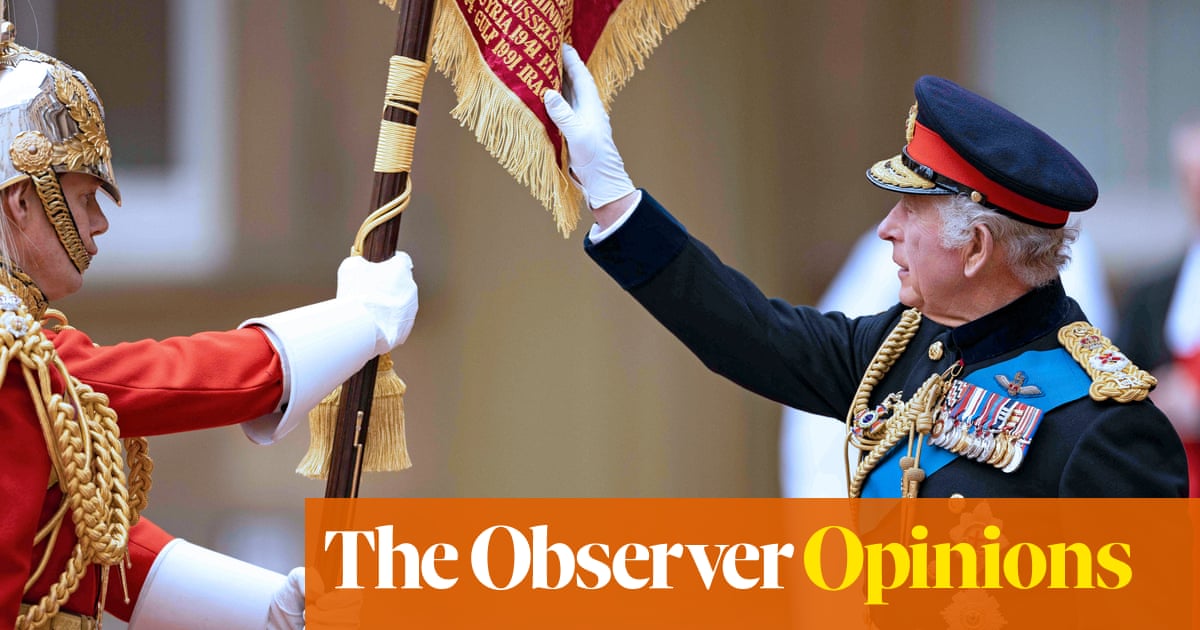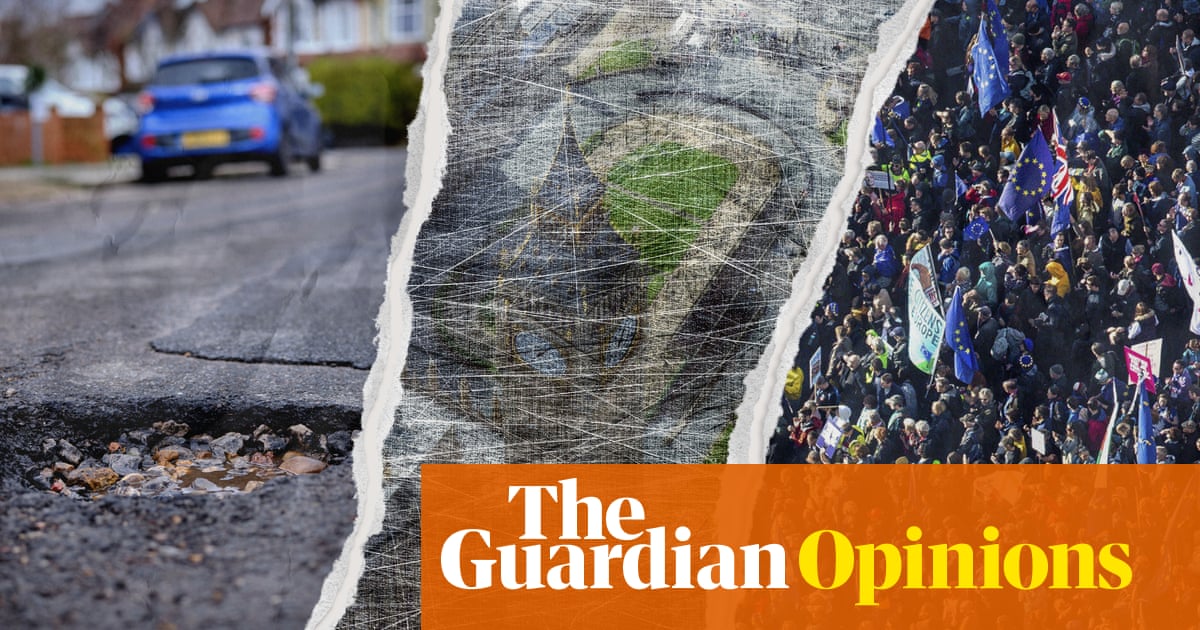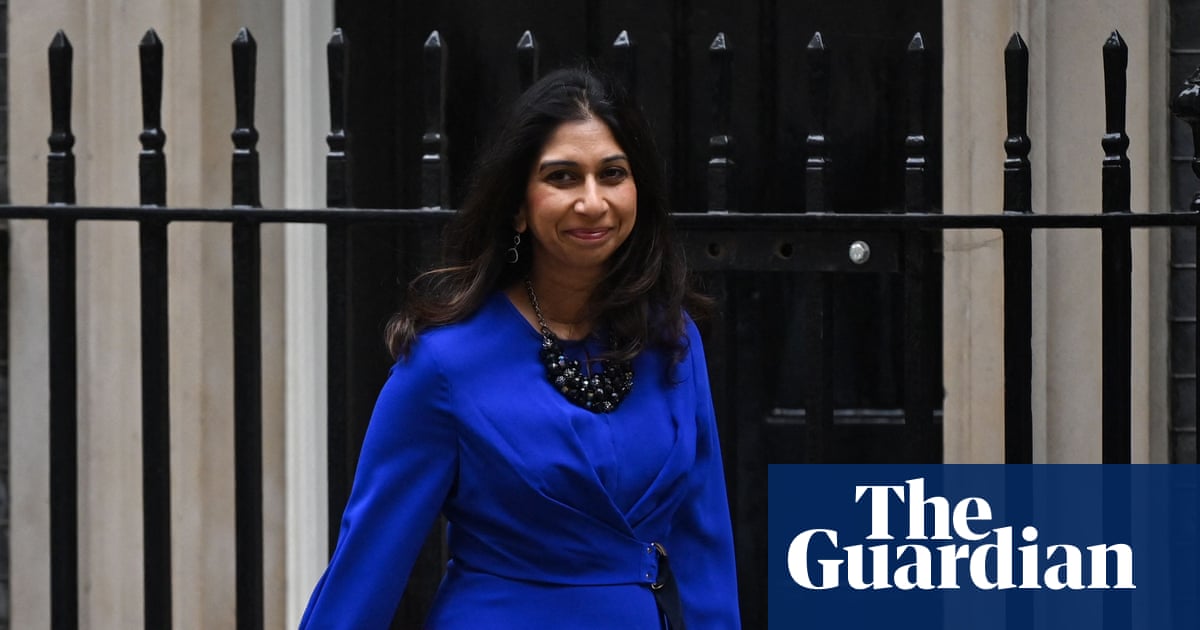
The Savoyard philosopher Joseph de Maistre famously observed more than 200 years ago that every nation got the government it deserved. Similarly, every age generates its own leaders, as recent history illustrates.
The devastating defeat of Germany in the Great War produced Hitler. He usurped power by cleverly playing on public sentiment of international humiliation and economic insecurity after a period of hyper-inflation. Stalin was the result of the Russian Revolution. Importantly, Sir Winston Churchill was the counterforce to the two dictators. He managed to galvanize and inspire the British people to stand up for democracy and human rights. That was no mean feat and his brilliant oratory played a big part in achieving his goals.
The next historic turning point was the opening up of the former Eastern bloc and the fall of the Berlin Wall. It took the constellation of Pope John Paul II, who came from behind the Iron Curtain in Poland, the forceful and ideological US President Ronald Reagan, and Mikhail Gorbachev, who was ready and willing for compromise. And nothing could have been achieved if Willy Brandt had not had the courage to embark on a foreign policy of detente with East Germany, which was highly contentious at the time. In the end it took the larger-than-life figure of Helmut Kohl to push through reunification of the two Germanies. It took courage, especially on the economic front, because Kohl needed to convince his electorate that they had to foot the bill.
So what about now, in the age of government shutdowns, Brexit and fears over migration?
Many in Europe and North America feel they have been left behind by globalization, that the current economic and political leadership classes do not care about their fate. It is against this backdrop that leaders such as Donald Trump and Nigel Farage were successful. The former cleverly used the disenchantment of the voiceless masses in flyover country. They once had steady jobs and assured futures. That holds true no more and they feel cheated out of their lifestyles, if not their lives, by the corporate and political elites. Similarly, Farage capitalised on a deep discontent and economic malaise among many who feel that the political elites in Westminster have nothing in common with them, and worse, that they have let them down. Brexit has at least as much to do with discontent with the political classes as with the urge to leave the European Union. Farage was joined by a bunch of similarly colorful characters such as Boris Johnson and Michael Gove, who care little about the EU and more about their own political futures.
The main beneficiaries of globalization reside on the other side of the globe, where millions of people have been lifted out of poverty over the past three decades.
Cornelia Meyer
On both sides of the Atlantic those “populist” voices are countered by relatively boring “same old, same old” functionaries a la Nancy Pelosi or Theresa May. They will not succeed in lighting a fire under the electorate, because they are too much associated with the failures of the political and economic system as a whole. In the US there is a new breed of politician, such as the young Democrat congresswoman Alexandria Ocasio-Cortez, who inspire people. They are as yet unproven and we will have to see how they assert themselves in the years to come.
The situation on the continent of Europe is no different. Overlay the refugee crisis and you have a toxic mix. In France, Germany, the Netherlands, Denmark and Sweden the populist anti-immigrant opposition is nipping at the heels of the government. The powers that be remain in office and are seen as uninspiring caretakers for the elite. This holds especially true for German Chancellor Angela Merkel. Her anointed successor Annegret Kram-Karrenbauer is very much a politician in the same mould.
France’s Emmanuel Macron turned the political system upside down when he and his Republique en Marche party upended the political status quo. However, as the movement of the yellow vests proves, while the conventional parties may have been sidelined, the old issues remain. This is not surprising, because Macron is in every fiber of his being a member of the political and economic globalization elite. He was, after all, a Rothschild investment banker before he entered politics.
In Austria a more moderate incarnation of populism has been able to put its leader, Sebastian Kurtz, in office. Hungary, the Czech Republic and Poland have long been susceptible to right-wing populists. Italy, too, is now run by a coalition of populists from the left and right, under Matteo Salvini and Luigi Di Maio. You cannot fault the Italian people for choosing a more radical alternative to the downtrodden path of politics. The country has never really recovered from the financial crisis, and youth unemployment is a staggering 35 percent.
The main beneficiaries of globalization reside on the other side of the globe, where millions of people have been lifted out of poverty over the past three decades. In particular, China’s leader Xi Jinping has become one of the main advocates of globalization, as evidenced by his remarks two years ago at the World Economic Forum in Davos. He is brilliant at capitalizing on China"s newfound place in the global community. The Belt and Road Initiative also demonstrates that he is a man with a plan for China’s strategic pre-eminence in the world. The country’s system of government also affords him a distant long planning horizon.
This brings us to Russia’s President Vladimir Putin, who has managed to capitalize on a different set of strategic advantages, despite a declining economy and a strong sanctions regime. Whether or not he meddles with Western democratic processes may be left to one side. He clearly showed strategic acumen by using the Syria crisis to regain air and naval outposts on the Mediterranean. If anything, Russia was able to capitalize on Middle Eastern conflicts and emerge geopolitically strengthened.
All this tells us that we live in times of great geopolitical, geoeconomic and societal change, which will necessitate new styles of leadership evolving by a system of trial and error — as, historically, they have always done.
Cornelia Meyer is a business consultant, macro-economist and energy expert. Twitter: @MeyerResources
Disclaimer: Views expressed by writers in this section are their own and do not necessarily reflect Arab News" point-of-view












